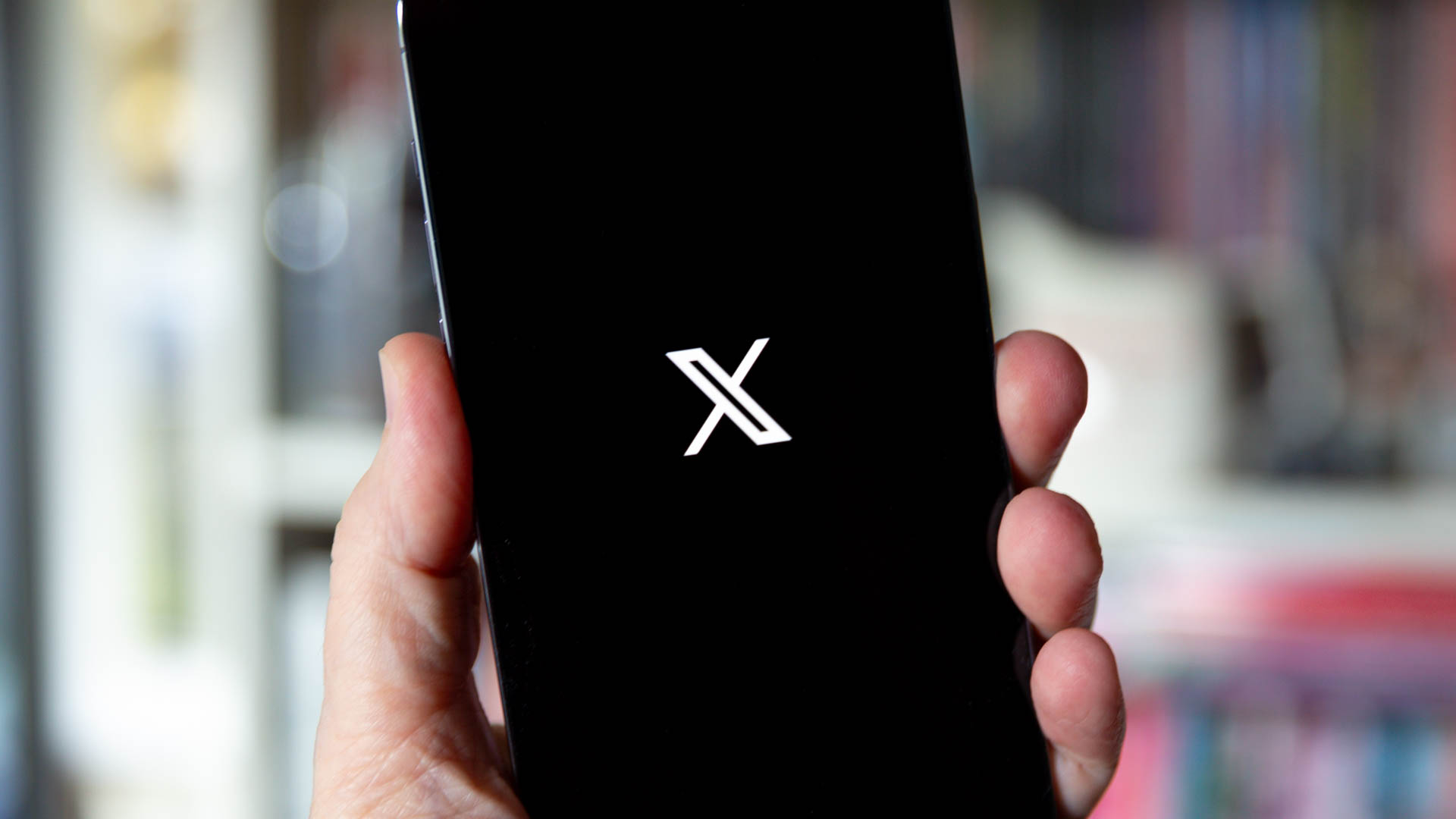X is bringing back a feature it should never have scrapped
It turns out that removing headlines from linked articles wasn't a brilliant idea after all


Get all the latest news, reviews, deals and buying guides on gorgeous tech, home and active products from the T3 experts
You are now subscribed
Your newsletter sign-up was successful
X, the social network formerly known as Twitter, has backtracked on one of its most controversial feature changes. In August, Elon Musk announced that the service would stop showing the titles of linked pages in X posts because Musk didn't like the look of them. Critics pointed out that the move would make linked content effectively useless, but Musk ignored them – and now he's announced that the titles are coming back, presumably because he now understands that they made linked content effectively useless.
As with most Musk feature announcements there's no indication of when this will happen or any indication of what the feature will look like when it returns. He's simply posted that "in an upcoming release, X will overlay title in the upper potion [sic] of the image of a URL card."
The change comes as X faces an increasingly tough time persuading firms to advertise on the service, with some big brands and artists apparently exiting altogether: over the last week there's been a notable increase in big names either setting up accounts on Threads or suddenly rediscovering the enthusiasm for Threads they had during previous X exoduses. One of the most visible new posters on Meta's X rival is US president Joe Biden.
Why X doesn't mark the spot for big brands any more
X is losing some of its biggest advertisers, at least temporarily: in response to Musk's endorsement of an anti-Jewish tweet, firms including Apple, IBM, Disney and others pulled their advertising in protest and the White House slammed Musk's endorsement as "abhorrent".
Musk is also suing media watchdog Media Matters over a report showing brands' advertising posted next to pro-Nazi content – a lawsuit that appears to have invoked the Streisand Effect, with many posters responding to the lawsuit by posting their own examples of brands' advertising next to content that most rival social networks would delete.
It's easy to be cynical about the brands' activities – far right and other objectionable content on X is hardly new and hardly secret – but it's clear that a shift is underway, and some of X's biggest advertisers are unwilling to be associated with the service in its current form. That's over and above an advertising exodus that's been going on since Musk took over Twitter: according to marketing consultancy Ebiquity, which works with 70 of the 100 top US advertisers, only two of its clients bought ads on X last month – down from 31 brands in late 2022.
Get all the latest news, reviews, deals and buying guides on gorgeous tech, home and active products from the T3 experts
Writer, musician and broadcaster Carrie Marshall has been covering technology since 1998 and is particularly interested in how tech can help us live our best lives. Her CV is a who’s who of magazines, newspapers, websites and radio programmes ranging from T3, Techradar and MacFormat to the BBC, Sunday Post and People’s Friend. Carrie has written more than a dozen books, ghost-wrote two more and co-wrote seven more books and a Radio 2 documentary series; her memoir, Carrie Kills A Man, was shortlisted for the British Book Awards. When she’s not scribbling, Carrie is the singer in Glaswegian rock band Unquiet Mind (unquietmindmusic).
